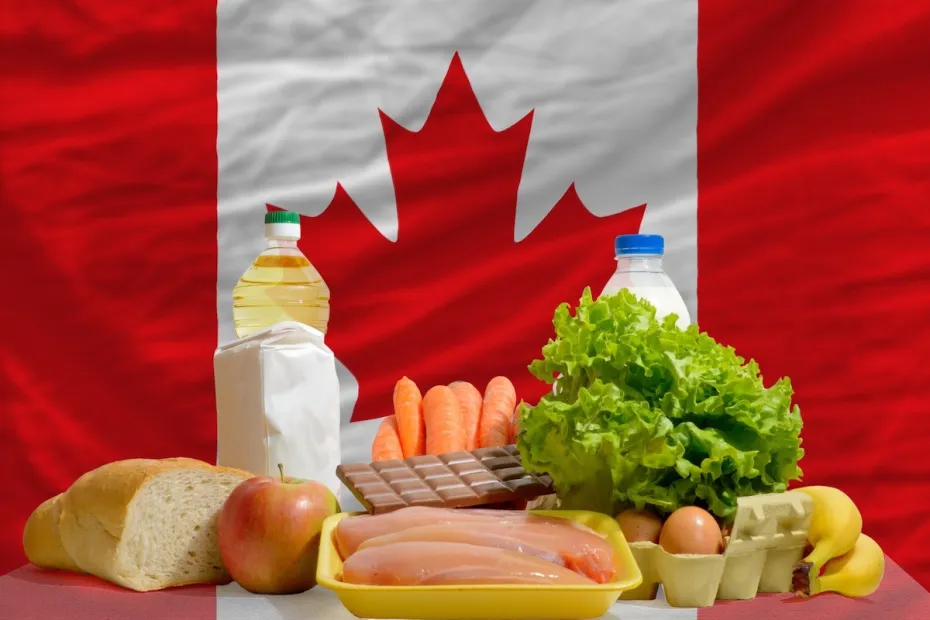Cultivating Canada's Future

A transformative initiative addressing labor shortages in agriculture
In the ever-evolving landscape of agriculture and food production, addressing labor shortages remains a significant challenge. Enter the Agri-Food Pilot, a transformative initiative launched on May 15, 2020, designed to bridge this critical gap by attracting skilled workers to Canada's agriculture and food-related industries. Running until May 14, 2023, this pilot program is not just a short-term solution; it is a cornerstone in building a robust agricultural workforce that supports the nation's economy and food security.
Understanding the Agri-Food Pilot
The Agri-Food Pilot specifically targets three vital sectors within the agriculture industry: meat processing, year-round mushroom and greenhouse crop production, and livestock raising. These industries are facing acute labor shortages, which can have a ripple effect on the broader economy and food supply chain. By focusing on these areas, the pilot aims to enhance productivity, maintain high standards of food production, and secure the livelihoods of those involved.
Eligible Industries: A Detailed Look at What Jobs Are Eligible For the Agri-Food Immigration Pilot
The pilot program identifies eligible industries based on the North American Industry Classification System (NAICS), ensuring a targeted approach to labor market needs:
-
Meat Product Manufacturing (NAICS 3116): This sector includes butchers, meat cutters, and industrial workers crucial for processing and preparing meat products. These roles are fundamental to the meat supply chain, ensuring that high-quality products reach consumers efficiently.
-
NOC 63201 – Butchers – retail and wholesale
-
NOC 65202 – Meat cutters and fishmongers – retail and wholesale
-
NOC 94141 – Industrial butchers and meat cutters, poultry preparers and related workers
-
NOC 82030 – Agricultural service contractors and farm supervisors
-
NOC 84120 – Specialized livestock workers and farm machinery operators
-
NOC 85100 – Livestock labourers
-
NOC 95106 – Labourers in food and beverage processing
-
Greenhouse, Nursery, and Floriculture Production (NAICS 1114): Including mushroom production, this industry focuses on the cultivation of plants and flowers in controlled environments. Workers in this sector are essential for maintaining the aesthetics and biodiversity of our environment and supporting food production.
-
NOC 82030 – Agricultural service contractors and farm supervisors
-
NOC 84120 – Specialized livestock workers and farm machinery operators
-
NOC 85100 – Livestock labourers
-
NOC 85101 – Harvesting labourers
-
Animal Production, Excluding Aquaculture (NAICS 1121, 1122, 1123, 1124, or 1129): This involves raising livestock, an integral part of the agricultural landscape that supports food production and related industries.
-
NOC 82030 – Agricultural service contractors and farm supervisors
-
NOC 84120 – Specialized livestock workers and farm machinery operators
-
NOC 85100 – Livestock labourers
-
NOC 85101 – Harvesting labourers
Job Opportunities Within the Pilot
The Agri-Food Pilot opens doors to a variety of job roles, each playing a pivotal part in the success of these industries. From butchers and meat cutters to agricultural service contractors and greenhouse operators, the pilot offers a range of opportunities for aspiring immigrants. These positions not only fulfill immediate labor needs but also offer a pathway to permanent residency, encouraging a long-term commitment to Canada's agricultural sector.
Application Process and Candidate Requirements
Each year, Canada caps the number of applications at 2,750, ensuring a manageable and effective integration process. To qualify, candidates must meet specific requirements:
-
Work Experience: A minimum of 12 months of full-time, non-seasonal Canadian work experience in an eligible occupation is necessary. This experience must be gained through the Temporary Foreign Worker Program.
-
Language Proficiency: Candidates must demonstrate language proficiency at a Canadian Language Benchmark level 4 in English or French, covering reading, writing, speaking, and listening skills.
-
Educational Qualifications: A high school diploma or equivalent is the minimum educational requirement, ensuring candidates have the foundational knowledge to succeed in their roles.
-
Job Offer: An indeterminate job offer for full-time, non-seasonal work in Canada, outside of Quebec, is required. The offer must meet or exceed the prevailing wage rates.
-
Settlement Funds: Candidates must show they have the necessary settlement funds to support themselves and their dependents, unless they are already employed in Canada.
The Broader Impact of the Agri-Food Pilot
The Agri-Food Pilot is more than just an immigration pathway; it is a strategic initiative that aligns with Canada's broader goals of sustainable agriculture and economic growth. By strengthening the labor force in key agricultural sectors, the pilot helps ensure the stability and resilience of food production, critical in a world facing increasing environmental and economic challenges.
As we look towards the future, initiatives like the Agri-Food Pilot play an essential role in shaping a sustainable and prosperous agricultural industry. They provide a framework for attracting and retaining skilled workers who can drive innovation and efficiency in food production, ultimately benefiting society as a whole.
